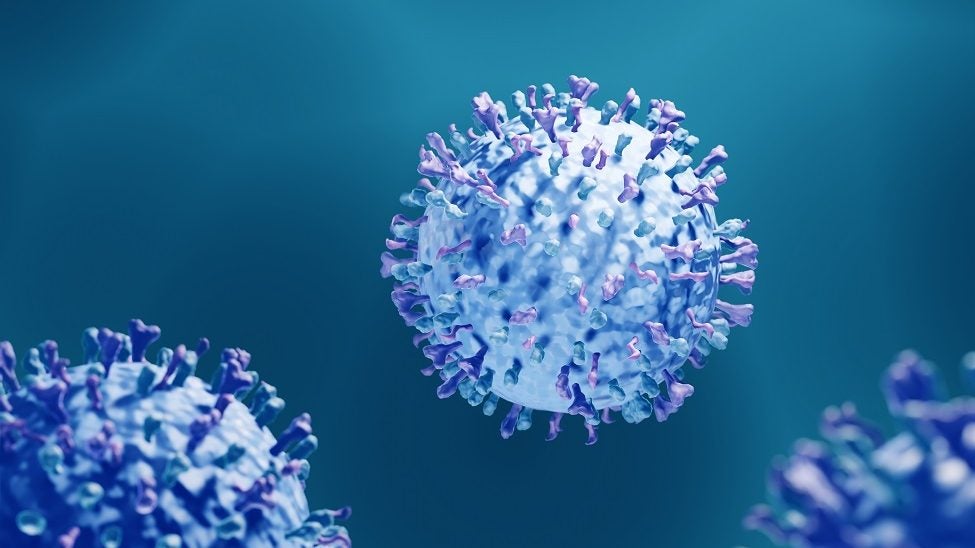Schools are a high-risk setting for viral transmission of respiratory viruses such as Covid-19, influenza A and B, and respiratory syncytial virus (RSV), and are commonly the source of community-based outbreaks. Influenza attack rates are highest among school children, but most cases are of mild or asymptomatic nature, and therefore go undetected in clinical settings. The lack of awareness of viral transmission during the initial phase of the outbreak means minimal mitigation methods are put in place before the virus can be transmitted to families and members of the community who may experience more severe cases of these infections.
A paper published by Wolken and colleagues in the journal Water Research in March 2023 proposed that wastewater surveillance in schools could help to identify viral cases before they spread within the community, giving the time needed to initiate measures to mitigate transmission. Wastewater information is not biased by differences in access to testing resources, disease symptomology, or by health-seeking behaviour, and is an efficient method for establishing the presence of a virus within a community via the detection of viral particles in wastewater.
Wolken and colleagues analysed 2,176 wastewater samples from 51 schools across Houston, Texas, between 2020–22; these samples were then compared to community-level clinical data from hospital discharge records and polymerase chain reaction (PCR) tests for SARS-CoV-2. A positive relationship between school wastewater concentrations for SARS-CoV-2 and the probability of a non-zero SARS-CoV-2 positivity rate in schools was found across all samples. Around 22% of the wastewater samples were positive for Covid-19, and despite the limited number of PCR tests taking place, the findings were highly correlated with each other. The study reported that schools with ten times higher concentration of virus had three times higher odds of positive result. A similar pattern was also found for influenza A and B.
Additionally, a study by Spurbeck and colleagues published in the Science of Total Environment Journal in October 2021 previously examined the efficiency of using wastewater sampling to detect the transmission of Covid-19 infections in nursing homes. The findings were found to correlate with future community, clinical findings. The similarity of the results reported by Wolken and Spurbeck suggests that this is a viable strategy that could be successfully launched across communities to help reduce the viral burden.
Respiratory viruses such as influenza affect a large number of populations. GlobalData epidemiologists currently forecast that cases of seasonal influenza will increase from 1,433,000 in 2023 to 1,479,000 in 2028 in the US at an annual growth rate of 0.6%.
The result from the study by Wolken and colleagues suggests that school wastewater surveillance is reflective of local infections at several population levels and could play a critical role in detecting and mitigating viral transmission. Sampling wastewater from schools could be used to predict community outbreaks of Covid-19, influenza A and B, and RSV.

US Tariffs are shifting - will you react or anticipate?
Don’t let policy changes catch you off guard. Stay proactive with real-time data and expert analysis.
By GlobalDataIf wastewater surveillance is upscaled within school settings, the number of cases within the population could reduce significantly, with a reduction in the overall severity of cases.






